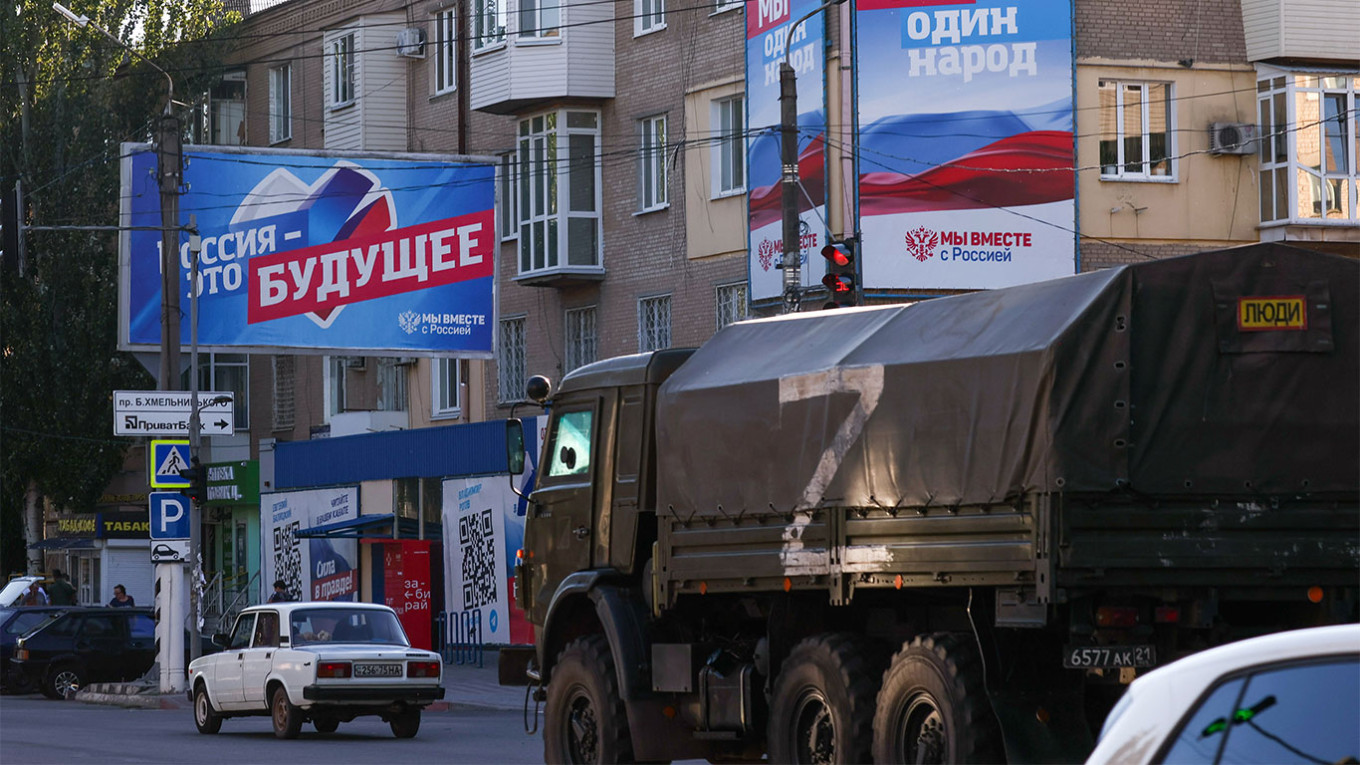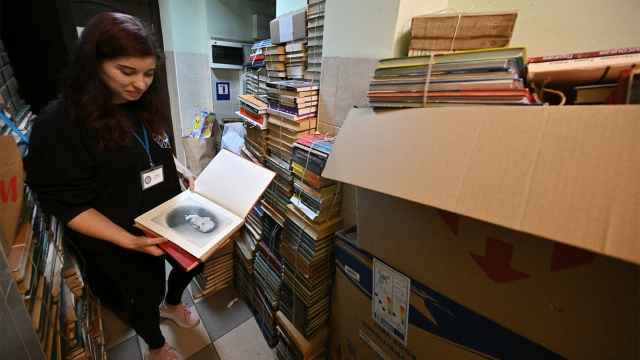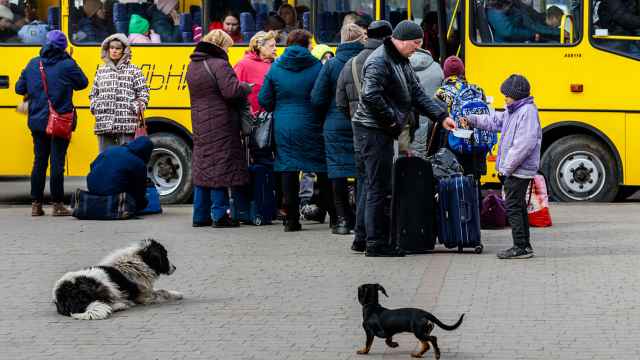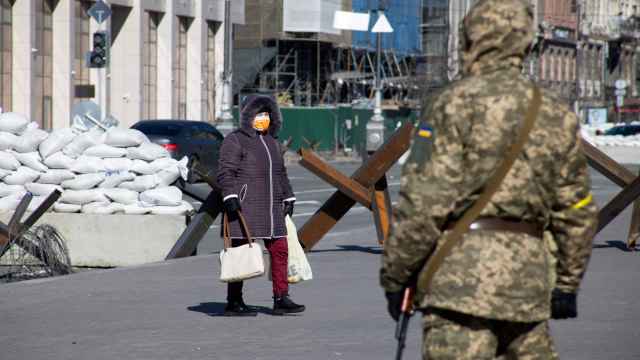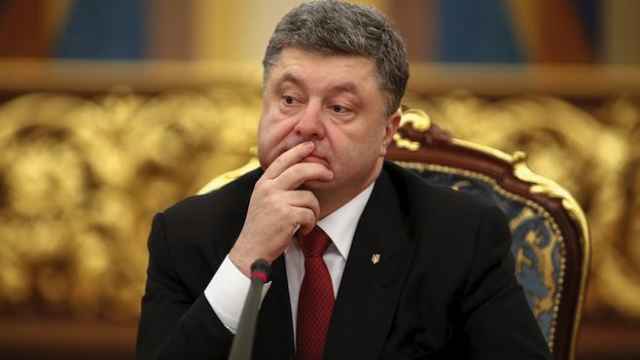Ukraine’s successful counteroffensive in the Kharkiv and Kherson regions means that a large chunk of the country’s Russian-speaking southeast is returning to the Ukrainian political arena. As the heartland of pro-Russian political parties, this region has always held a distinct place in the country’s politics, and even after 2014, sought to offer an alternative to Kyiv’s Euro-Atlantic trajectory. Now, following Russia’s devastating invasion, Ukraine’s southeast is in search of a new identity and political leaders.
Ironically, the regions that have borne the brunt of Russia’s invasion are those that were always most likely to vote for pro-Russian political parties. Just two years ago, Viktor Medvedchuk’s pro-Russian Opposition Platform–For Life bloc won local elections for the Zaporizhzhia, Mykolaiv, Odesa, and Kherson regional legislatures.
In recent years, despite growing tensions with Russia and the threat of war, this part of Ukraine had retained generally positive attitudes toward its eastern neighbor: 53% in Ukraine’s east and 45% in the south viewed Russia favorably. Some — though not many — went as far as to support unification with Russia: 22% in the Luhansk region, and 11% in the Kherson region.
Russia’s invasion largely put an end to this pro-Russian sentiment: by May 2022, only 4% in Ukraine’s east and 1% in the south still had a positive view of Russia. Support for Ukraine joining NATO, on the other hand, had surged to record highs: 69% in the east and 81% in the south, up from 36% in the east and 48% in the south, recorded by a February poll.
Cultural and historical preferences have also changed dramatically — 68% of respondents from the south and 53% from the east now describe Ukrainian as their native language, though 49% of people in the south and 47% in the east still said they used both Ukrainian and Russian in their everyday life.
These sea changes in public opinion leave little room for political projects based on the idea of a separate southeastern identity, while anything Russia-related is now toxic. Local politicians can either call it quits or adapt. Odesa Mayor Gennadiy Trukhanov is a case in point: up until this summer, he opposed the dismantling of the city’s monument to Catherine the Great, but now supports it.
Back in 2014, when the fighting in the Donbas began and Russia annexed Crimea, the local elites in those areas faced no such dilemma. Indeed, most of them found a place in the political structures Russia created. This time around, collaboration in the occupied territories is rare. The Opposition Platform faction in Kherson City Council, for instance, condemned the Russian occupation of the city. For the most part, local pro-Russian politicians were corrupt opportunists who opposed Kyiv to protect their fiefdoms rather than out of any fervent ideological beliefs.
Only a few risked going over to Russia’s side, such as former Party of Regions member Vladimir Saldo, who was the mayor of Kherson from 2002 to 2012 and now heads the Russian-appointed regional administration (albeit no longer from Kherson). Despite earlier reports of his death, Saldo appears to be holding onto his position for now, but many others have apparently paid the price of switching sides.
Saldo’s deputy Kirill Stremousov died in a mysterious car accident on the eve of the Russian withdrawal from Kherson. Alexei Kovalev, a Kherson businessman who once represented Ukrainian President Volodymyr Zelensky’s Servant of the People party in the Ukrainian parliament and later showed up at a meeting with Kremlin official Sergei Kiriyenko as a “farmers’ representative,” was murdered in unclear circumstances. Ukraine’s Territorial Defense is alleged to have killed Kreminna Mayor Vladimir Struk, who had supported pro-Russian separatists in the Luhansk region, while Russian looters in Bucha killed former parliamentarian Alexander Rzhavsky, who had actively advocated for dialogue with Russia.
The treason committed by some of the country’s pro-Russian politicians has given the government carte blanche to crack down on all former political projects in the southeast. Twelve political parties have been banned, including the pro-Russian Opposition Platform–For Life and the more moderate Opposition Bloc. The parties’ factions in the national parliament and local legislatures were also disbanded.
Individual politicians with ties to the Kremlin, meanwhile, have scattered to the wind. Viktor Medvedchuk was arrested and later handed over to Russia in exchange for Ukrainian prisoners of war, while the leaders of the Opposition Platform fled the country on the eve of the Russian invasion. The party’s more moderate wing, linked to Yuri Boyko and Sergei Levochkin, is trying to register a new parliamentary faction, but the chances of them regaining their former clout are slim.
The “Russian-speaking Ukraine” political project is in tatters. Having failed to formulate an attractive alternative to the Euro-Atlantic vector, its proponents chose to look to the Russian authoritarian model, and hence came to be associated with Soviet nostalgia and post-Soviet corruption.
Still, it was the Kremlin itself that dealt the final blow to pro-Russian forces in Ukraine by unleashing its war machine against historically loyal regions, leaving the Ukrainian government to pick off their remnants — with overwhelming public support.
No matter how the current war in Ukraine ends, it’s very hard to imagine the re-emergence of pro-Russian political parties. Ukrainian officials have already said repeatedly that they will not allow that to happen.
Yet the collapse of the old system effectively leaves the formerly pro-Russian southeast with no political representation. While it’s hard to discern the future outlines of Ukrainian politics through the fog of war, it’s possible that Zelensky’s Servant of the People party, which was already quite popular in the region before the war, will try to fill the void.
New regional leaders are already emerging, such as Mykolaiv regional governor Vitaly Kim, who has become a household name in Ukraine thanks to his video addresses during the city’s defense this spring. Others will join him in what will become a wartime democracy of sorts, made up of combat veterans, public activists, and volunteers.
Ukrainian nationalist populism will likely blossom in the country’s southeast, although it will come with its own regional flavor of “Russian-language patriotism”: after all, the linguistic makeup of the region is not likely to change significantly over one generation. But there will no longer be any significant fertile ground for pro-Russian forces. That is firmly in the past.
This article was originally published by the Carnegie Endowment For International Peace.
A Message from The Moscow Times:
Dear readers,
We are facing unprecedented challenges. Russia's Prosecutor General's Office has designated The Moscow Times as an "undesirable" organization, criminalizing our work and putting our staff at risk of prosecution. This follows our earlier unjust labeling as a "foreign agent."
These actions are direct attempts to silence independent journalism in Russia. The authorities claim our work "discredits the decisions of the Russian leadership." We see things differently: we strive to provide accurate, unbiased reporting on Russia.
We, the journalists of The Moscow Times, refuse to be silenced. But to continue our work, we need your help.
Your support, no matter how small, makes a world of difference. If you can, please support us monthly starting from just $2. It's quick to set up, and every contribution makes a significant impact.
By supporting The Moscow Times, you're defending open, independent journalism in the face of repression. Thank you for standing with us.
Remind me later.



